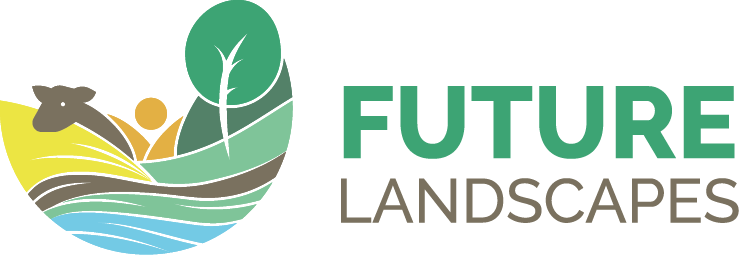| Period |
| September 2022 to March 2023 |
Semiannual Report
On November 15-18, 2022, a Multistakeholder Protoplatform Workshop was held with consortium partners including TNC, UFZ, and ECLAC, as well as implementing partners in Argentina such as Fundación Gran Chaco and ProYungas. The objective of the workshop was to establish a shared understanding of the conceptual framework required to build a roadmap for the Future Landscapes Platform and its implementation. This involved a collaborative effort to design key elements of the Platform and to engage allies in the Chaco Platform. The purpose of this exercise was to continue the conversation that began in 2019 and draft a vision and mission statement. Additionally, the workshop aimed to define where the National Chaco Platform could contribute the most value within the existing ecosystem.
In November 2022, a series of workshops on the Regenerative Index were held in person, followed by additional virtual workshops in January and March 2023. The consortium partners, including TNC and UFZ, and implementing partners such as FONAG, FONDAGUA, and CIPAV, collaborated to establish the vision and indicators for the initial proposal of the R2A index. The R2Ai serves as a framework for validating the progress and impact of transitions from traditional ranching and agricultural systems to regenerative systems at the farm and landscape level. Through the integration of social, ecological, and productive dimensions, the R2Ai provides evidence of the advances made in regenerative ranching and agriculture.
In January 2023, a visit was conducted to Colombia´s El Hatico Natural Reserve demonstration farm, accompanied by TNC and CIPAV, to gain insights into their successful models of cattle ranching and regenerative sugar cane. During the visit, the team reviewed and discussed project expectations, commitments, and challenges that may arise during the project implementation phase.
In February 2023, a visit was made to the implementing areas in Colombia with TNC staff, implementing partners (CIPAV), the Chamber of Commerce Meat Cluster, and representatives from the Casanare and Arauca Sustainable Livestock Roundtable. The objective of the visit was to gain insight into model experiences for sustainable livestock farming in flooded savannahs and to strengthen alliances with existing business models that promote sustainable and regenerative low-carbon livestock farming in these landscapes.
In December 2022, a workshop on finance mechanisms was organized by TNC regional and global staff. The workshop aimed to initiate brainstorming on financial instruments and pathways to enable financial solutions for the Future Landscapes Project. The four-day event focused on defining a methodology for potential finance avenues, identifying criteria to select a financial instrument strategy, and engaging key persons or institutions, both internal and external, for finance innovation and implementation. During the workshop, participants visited Lucerna, a livestock farm near Cali, Colombia, to understand the financial and business challenges faced by producers in their transition to regenerative agriculture. They also visited the watershed landscape in Salento to observe how agriculture should be addressed on a larger scale. The workshop concluded in Bogotá with a session on Colombia’s and global finance examples for regenerative agriculture.
On December 15th, 2022, the Ministry of Environment and TNC Ecuador colleagues participated in an event to launch the Fourth National Communication and Biennial Update Report. These two activities represent Ecuador’s commitment to the Paris Agreement. The report presented during the meeting included all aspects related to the country’s climate management until 2018, and its details were widely discussed.
The Future Landscapes Project has recently launched a comprehensive communication strategy to ensure clear and effective messaging across various channels. The strategy aims to provide monthly communication products that highlight the project´s progress and achievements, while aligning with critical milestones. A key aspect of this strategy is the emphasis on the project´s branding, which promotes its unique value proposition and enhances visibility among relevant stakeholders. To achieve this, the communication plan utilizes a multi-channel approach that includes social media channels, web content, and editorial content. By using various communication tactics and positioning opportunities, the project can engage its target audience effectively, conveying its vision, mission, and objectives and creating a greater sense of community and ownership among stakeholders.

